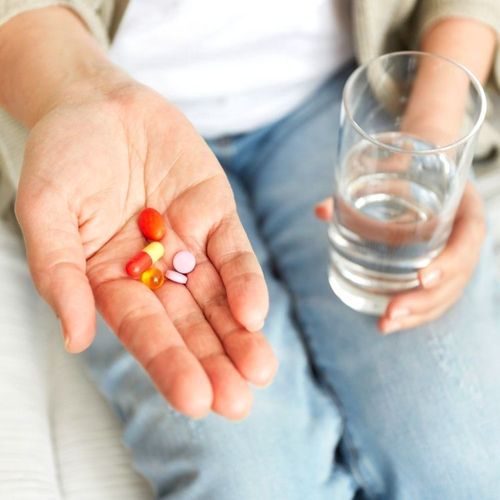Baby aspirin and coated aspirin might not be sufficient to prevent strokes, according to research performed at several major stroke centers.
People at risk for a stroke who take baby aspirin (81 milligrams [mg]) were less likely to reap its blood-thinning benefits than those taking an adult-sized pill. The same was true of those who took coated aspirin compared with the uncoated kind, say researchers.
This research could have major implications because it could lead to aspirin as a dose-adjusted medication, says Dr. Mark Alberts, lead author of the study and director of the stroke program at Northwestern Memorial Hospital in Chicago. Instead of a one-size-fits-all approach, he says, doctors would measure the effect of the dose and see if the patient needs a different dose.
THE ACCEPTED DOSE
Right now, doctors believe that 50 to 325 mg of aspirin may help prevent ischemic stroke, says Dr. Marshall Keilson, director of neurology atMaimonides Medical Center in Brooklyn, New York. Ischemic strokes are the most common type of stroke and occur when blood flow in an artery to the brain is pinched off, usually because of clotting. Aspirin thins the blood and prevents clots from forming.
Keilson says doctors use low doses of aspirin because they feel it reduces such complications as gastrointestinal upset and bleeding.
Many patients taking aspirin are still having strokes and, for that matter, heart attacks (aspirin is also thought to prevent some heart attacks). "Those episodes are indicating that the low doses that are commonly being used—around 81 mg—may not be adequate for stroke prevention," Keilson says.
In his study, Alberts and his coauthors measured how effective different doses and formulations of aspirin were at thinning blood in patients who had cerebrovascular disease.
WHAT WORKS BEST
More than half of the patients taking 81 mg a day did not have an anti-clotting effect. According to Alberts, this was a significant number of people. Of those taking coated aspirin, more than 60% did not have an anti-clotting effect. But only 28% of the people taking 325 mg of uncoated aspirin did not have an anti-clotting effect. In other words, higher doses and uncoated formulations seemed to work better. But, there's a long way to go before these early results become routinely recommended.
The study measured only thinning of the blood, and not whether a person had another stroke. "'We want to see if this is predictive of clinical results, which is the holy grail of research," Alberts says.
Keilson agrees. "Sometimes things that are done in a laboratory don't carry over in people," he says, adding thatalarge trial with thousands of patients is needed.
For more on the different types of stroke, visit the National Stroke Association at www.stroke.org. The association also has information on curfent guidelines for the use of aspirin in preventing strokes and heart attack.
